

Video games can help you succeed at life. It’s an uncommon opinion to have, especially in mainstream media and pop culture, and most anti-gaming activists are quick to point out that video games tend to cultivate immaturity, violence, and even addiction. However, like most kinds of media, video games can be both good and bad.
As one who grew up immersed in gaming culture, I can attest that some areas of my life were negatively influenced by my gaming habits. I can also attest that games have helped shape me into a more productive member of society. How so?
“Grinding.” It’s a term that describes any repetitive activity that isn’t fun on its own but performed anyway to obtain some resulting reward. Funny enough, the gaming community first adopted the word from real life – referring to “the daily grind” of working a day job – and now I’m here to tell you that grind-centric games can help prepare you for that same “daily grind.”
Old arcade hits forced you to suffer through tons of repetitive gameplay (e.g., Space Invaders, Tetris, Rampage) to see how far you could go. Role-playing games with a level-up mechanic often encouraged repetitive monster fights to grow stronger (e.g., Final Fantasy, Dragon Warrior). MMORPGs like EverQuest and Ragnarok Online cemented the grinding concept while the recent free-to-play craze perfected it.
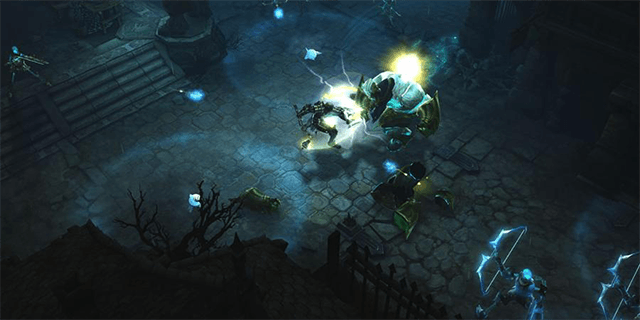
Is grinding really a life skill? You bet it is. The ability to endure routine and repetition is one that will come in handy no matter what you pursue. Grinding through homework. Grinding through work projects. Grinding money for a wedding, a vacation, or a new home.
Or in other words, the ability to suffer through something that’s unpleasant right now in order to secure for yourself something even better in the future. Some call it “delayed gratification.” Others call it “patience and perseverance.” Either way, life requires it.
Puzzle and strategy games will never go out of style. Remember the massive buzz over Plants vs. Zombies, Angry Birds, and Sudoku? What about more involved games like Starcraft II, Civilization V, and to a lesser extent, Dota 2? Both casual and hardcore gamers love and appreciate the kind of gameplay that stimulates planning and strategy.
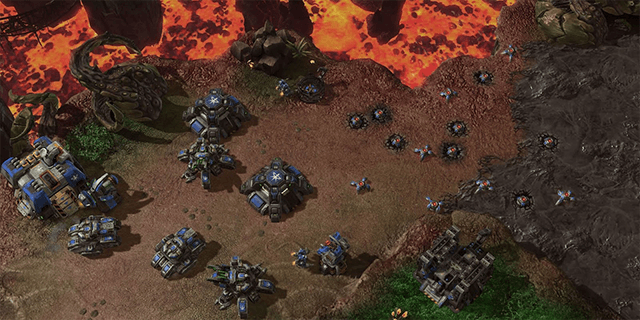
It doesn’t take much imagination to see why it’s such a valuable life skill. Can anyone argue against the practicality of planning income vs. expenditure? Of laying out a realistic five-year plan? Of navigating a fulfilling career path? As long as these aren’t taken to the extreme, they can be very helpful.
But even more so, this kind of “thinking a few steps ahead” is immensely important in social contexts. Should I say what I’m about to say? If I do, what are the potential consequences? What’s the right way to approach a tense subject or situation? Again, don’t let it paralyze or overwhelm you, but it’s a good skill to have in moderation.
Perhaps the most popular gaming stereotype is the player who is asocial, perhaps even antisocial. In fact, gamers are often depicted as basement-dwelling man-children who have no jobs, no responsibilities, and no dignity. Yet, if we look past the stereotype, we’d see that gaming is just another outlet, rather than a fallback, for social interaction.

Starting with the earliest consoles, before broadband allowed online play to take off, gaming with friends involved a physical gathering in front of a single TV. Even in today’s climate of online multiplayer, gamers can communicate over voice and video chat. It could be argued that gaming enables stereotypically introspective individuals to be more social, ultimately improving social skills.
In the case of guilds and clans, socialization can evolve into leadership. It may sound silly, but there’s a lot of overlap between managing a guild and, say, managing a project team. Synchronizing schedules, mobilizing people towards a goal, inspiring motivation, and resolving interpersonal conflicts are all skills that can be learned from gaming and applied to real life.
There exists a niche genre of games that are designed to train and improve brain functionality. Brain Age offers plenty of activities that help with mental math, reading speed, and concentration. Flash Focus is similar but emphasizes hand-eye coordination, peripheral vision, and visual acuity.

But “brain training” isn’t limited to games that explicitly train the brain. Sudoku is all about logical deduction. Tetris helps develop pattern recognition skills. In fact, there are plenty of mobile games that make you smarter by exercising memory, matching, and thinking outside the box.
Like muscles, the brain will atrophy if you don’t work it. The interactivity of games is one way to exercise your mind while having fun.
These days, more and more creators are embracing the idea that video games are art. On one level, the artistic directions of many titles have proven that games can literally be art. Not convinced? Check out Limbo, Don’t Starve, The Wind Waker, and even Team Fortress 2. The graphics alone distinguish them from every other game out there.
But on an even deeper level, game designers are really starting to explore and incorporate the emotional elements that exist in other forms of media, the most important element being narrative. Indeed, some of the most groundbreaking and revolutionary titles of the past five years have been the emotionally weighty games that jerk at your heartstrings.

For a while, video games have had a reputation of being emotionally numbing and brain rotting, but this recent trend towards narrative-centric gaming is now doing what books and movies have been doing for decades: developing a player’s sense of sympathy and empathy.
And honestly, this particular life skill may be the most important one on this list.
How has gaming better equipped you for life? Do you think there are such benefits to video games or would society be better off without any games at all? Share your thoughts with us in the comments below!
Image Credits: Businessman with game pad Via Shutterstock, Puzzle Blocks Via Shutterstock
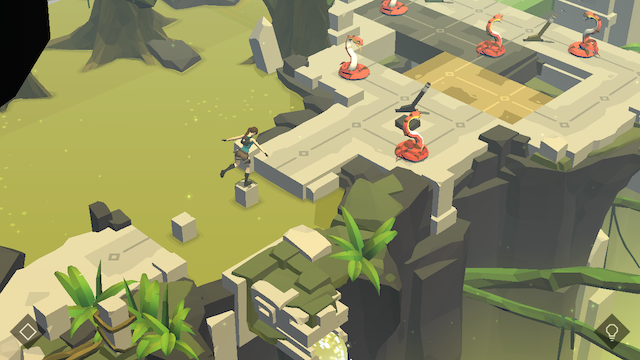
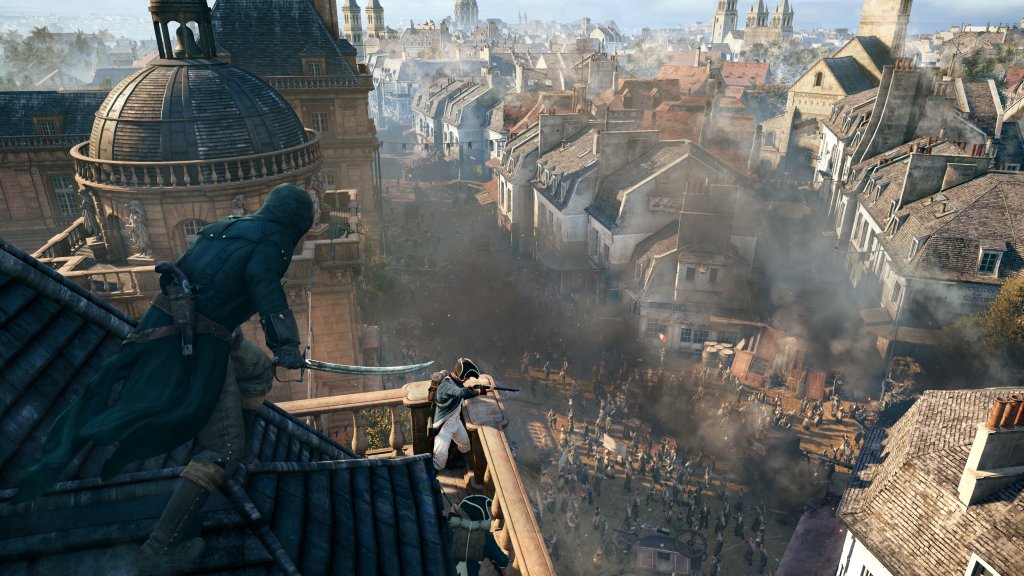
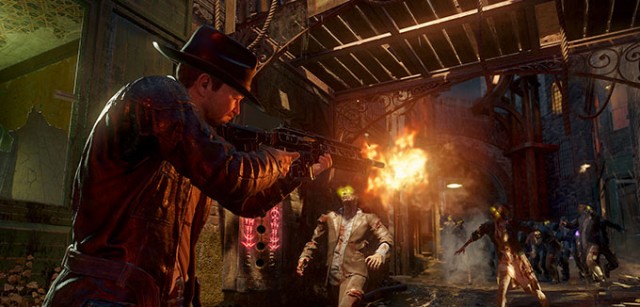

 How to Hide Anything in Windows
How to Hide Anything in Windows 6 Tips You Can Use To Make Your Gaming Life Better
6 Tips You Can Use To Make Your Gaming Life Better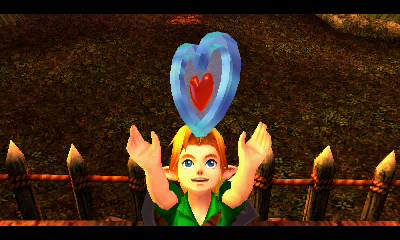 Majora's Mask 3D Guide: How to Win Big at Doggy Racetrack
Majora's Mask 3D Guide: How to Win Big at Doggy Racetrack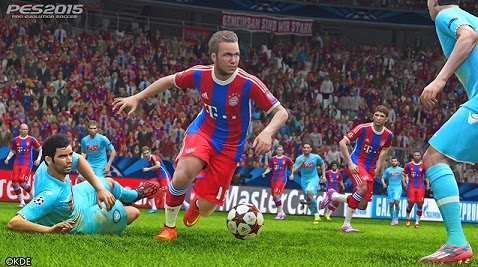 PES 2015: Top 10 Dribblers
PES 2015: Top 10 Dribblers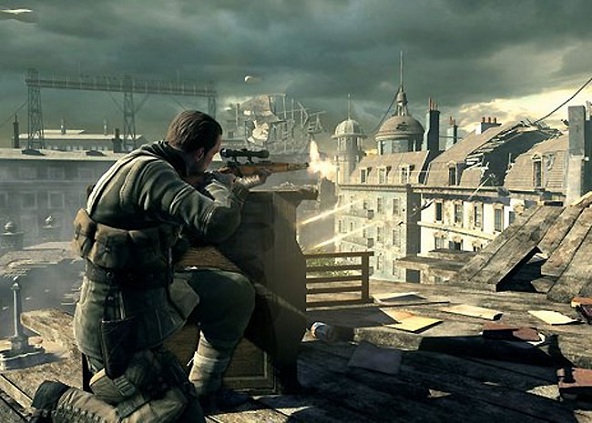 Sniper Elite V2 Walkthrough
Sniper Elite V2 Walkthrough